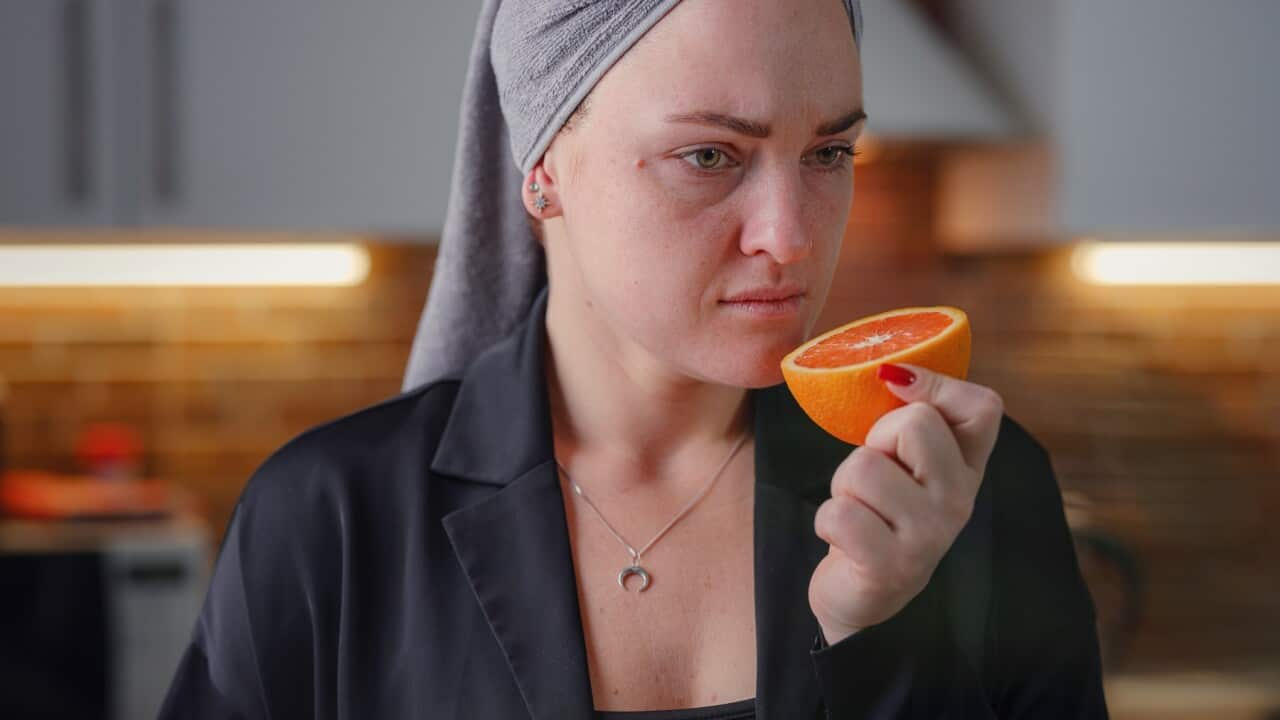A government inquiry paper into what's known as Long COVID has been released, with calls for a coordinated national approach to improve health outcomes.
The months-long parliamentary committee heard from hundreds of Australians suffering from the long-lasting and debilitating effects of COVID infection, including fatigue, isolation and poor mental health.
The committee made nine recommendations, including establishing a national Long-COVID database and research program, as well as access to anti-virals for all COVID-19 patients, and better ventilation in buildings.
Committee chair Mike Freelander - who is a Labor M-P as well as a pediatrician - has told the ABC Long COVID can manifest itself in several ways.
"In talking to many people with long COVID, they do get better but it can take years. And it's certainly having a significant effect on their ability to work, their ability to study, their ability to deal with families and kids. And it's something that we do really need to take seriously."
Symptoms can include dizziness, difficulty thinking, an intolerance to bright lights or moving objects, overwhelming fatigue and muscle aches and pains.
Professor Trevor Kilpatrick, director of the Florey Institute of Neuroscience and Mental Health, says at this stage, it's really not known what the long-term effects of Long COVID might be:
"What we're really worried about, as neurologists and neuroscientists is the potential for long term effects. And we don't adequately understand whether this is going to provide predisposition to neurodegenerative conditions, in the long term, even conditions such as Parkinson's disease, or other conditions, even a propensity to even dementia in the longer term in the years ahead. We hope that's not the case. But we need to have really detailed study to understand whether there are risks. And if there are risks, how we best treat this condition to reduce the risk."]]
Health minister Mark Butler has pledged an additional $50 million towards COVID research.
And while there's currently ongoing research around the world, experts say there's still no routine system to monitor health conditions and patterns of recovery for people with long COVID.




